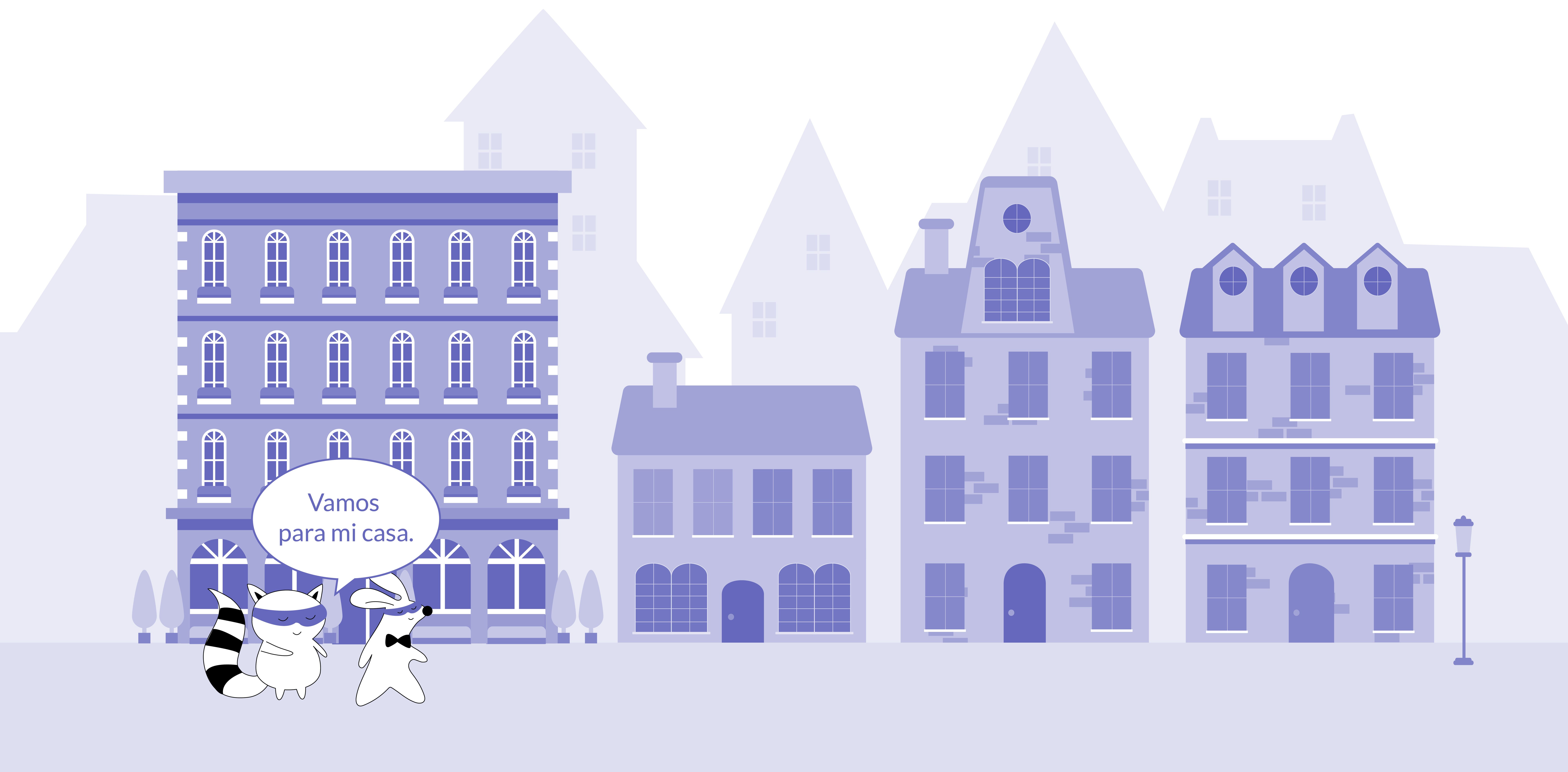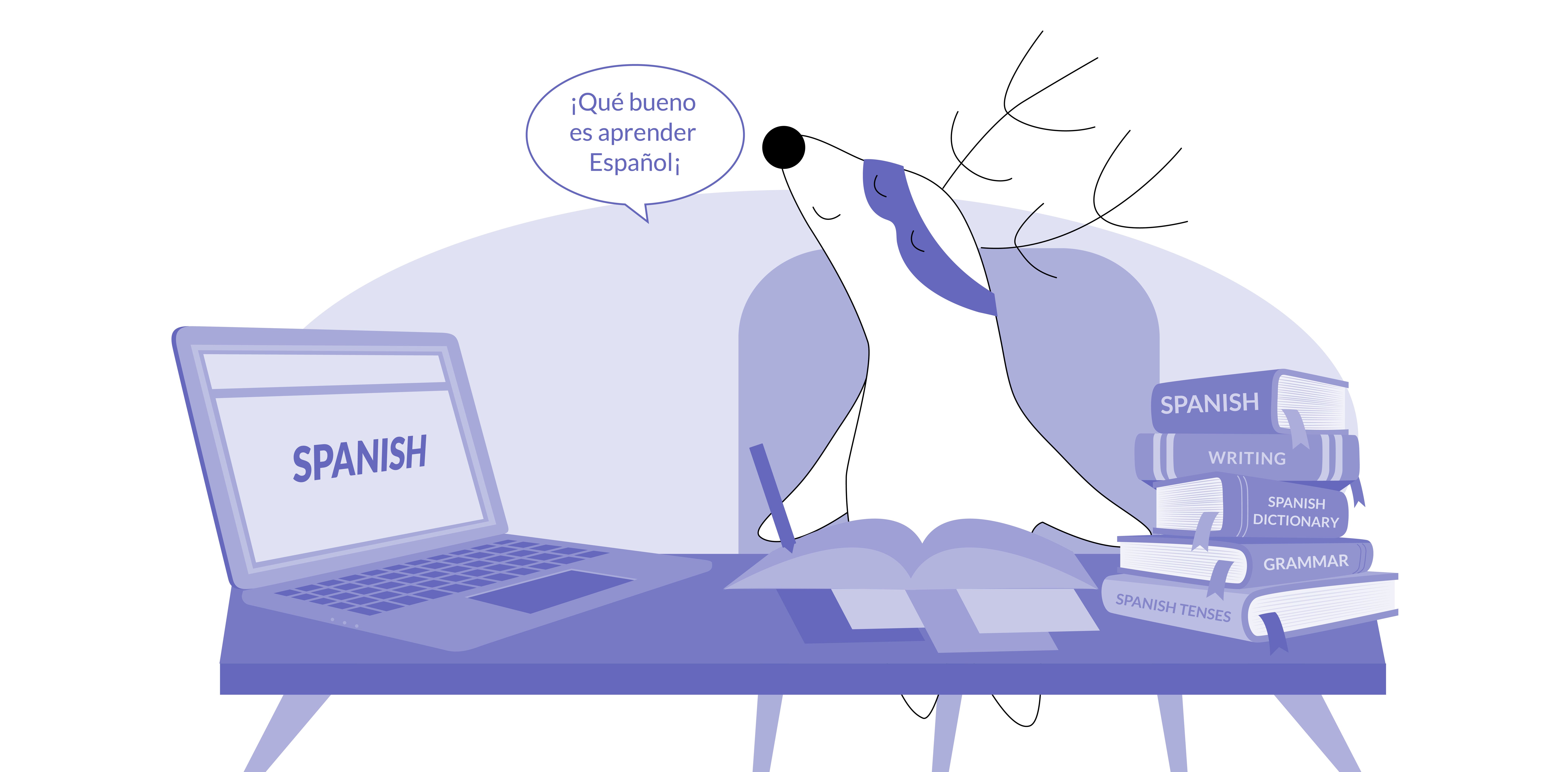
Dive into the captivating world of the Spanish language, where every syllable seems to dance with an irresistible vibrancy and an innate expressiveness. Within this linguistic tapestry lies a treasure trove of ingenious ways to convey even the simplest of sentiments, such as the notion of "good."
Beyond its mere translation, the Spanish language embellishes this concept with a myriad of colorful words that each represent a facet of its beauty.
Venture with us as we unravel the top 10 ways to articulate "good" in Spanish. From the tender warmth of bueno to the heartfelt sincerity of excelente, each word is a portal into the diverse spectrum of emotions and situations Spanish so eloquently captures.
Learn Spanish with Langster
10 Most Common Ways of Saying “Good” in Spanish
Beyond the basic translation lies a captivating array of expressions, each meticulously crafted to convey a distinct shade of positivity. This section unveils the many nuanced ways the Spanish language approaches a concept as simple yet versatile as “good,” from the exuberant energy of genial to the comforting familiarity of bien.
1. Bueno/Buena
Bueno (masculine) and Buena (feminine) are the most straightforward translations of "good" in Spanish. They're used as adjectives to describe something’s quality and in expressions like buenas noches. For instance:
Spanish
English
Es un buen libro.
It's a good book.
Tienes una buena voz.
You have a good voice.
Ella es una buena estudiante.
She is a good student.
Este es un buen restaurante.
This is a good restaurant.
2. Bien
Bien is an adverb that translates to "well." It describes how something is done rather than what it is. For example,
Spanish
English
Ella canta muy bien.
She sings very well.
Bien hecho.
Well done.
El niño dibuja bien.
The boy draws well.
Mi madre cocina muy bien.
My mother cooks very well.
El equipo jugó bien.
The team played well.
3. Buen
Buen is a shortened form of bueno used before a masculine singular noun. You can also use the feminine version of these Spanish words (buena) before a feminine noun.
Spanish
English
La idea es buena.
The idea is good.
Es un buen hombre.
He's a good man.
Tienes un buen corazón.
You have a good heart.
Que sea una cosa buena.
May it be a good thing.
Es un buen momento para salir.
It's a good time to go out.
4. Óptimo
Óptimo translates to "optimal" or "excellent." It's used to express the highest degree of goodness.
Spanish
English
Es una opción óptima.
It's an optimal option.
Es una solución óptima para el problema.
It's an optimal solution to the problem.
Esta es una ubicación óptima para la tienda.
This is an optimal location for the shop.
El rendimiento del coche es óptimo.
The car's performance is optimal.
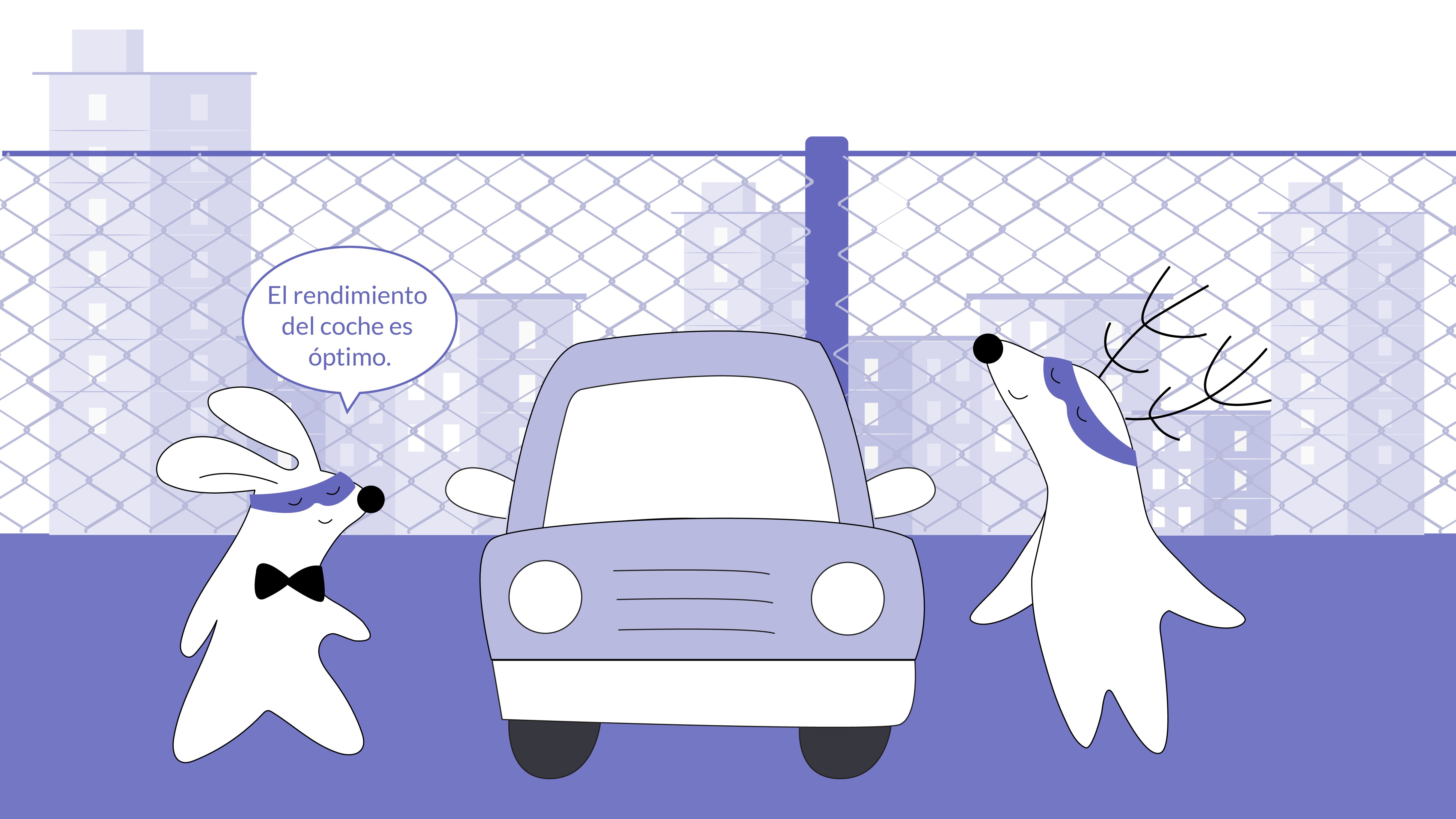
5. Estupendo
Estupendo is used to express that something is wonderful or great.
Spanish
English
El resultado es estupendo.
The result is great.
¡Qué estupendo concierto!
What a great concert!
Tu nuevo corte de pelo se ve estupendo.
Your new haircut looks great.
El clima está estupendo hoy.
The weather is great today.
6. Maravilloso
Maravilloso translates to "marvelous." It's used to describe something extraordinary.
Spanish
English
Es un día maravilloso.
It's a marvelous day.
Esa es una vista maravillosa.
That's a marvelous view.
Tu casa es maravillosa.
Your house is marvelous.
La comida era maravillosa.
The food was marvelous.
7. Genial
Genial is used to express that something is brilliant or awesome.
Spanish
English
Esa idea es genial.
That idea is awesome.
El espectáculo fue genial.
The show was awesome.
Tu camiseta es genial.
Your shirt is awesome.
¡Qué genial sorpresa!
What an awesome surprise!
8. Fantástico
Fantástico translates to "fantastic." It's used to describe something very good or impressive.
Spanish
English
Es un plan fantástico.
It's a fantastic plan.
Me parece fantástico.
I think it's fantastic.
Ese fue un viaje fantástico.
That was a fantastic trip.
Tu trabajo es fantástico.
Your work is fantastic.
9. Magnífico
Magnífico is used to express that something is magnificent or splendid.
Spanish
English
Es un trabajo magnífico.
It's a magnificent job.
El paisaje es magnífico.
The landscape is magnificent.
Su actuación fue magnífica.
His performance was magnificent.
Ese es un magnífico edificio.
That's a magnificent building.
10. Sobresaliente
Sobresaliente translates to "outstanding." It's used to describe something that stands out due to its excellence.
Spanish
English
Es un estudiante sobresaliente.
He's an outstanding student.
Tu esfuerzo es sobresaliente.
Your effort is outstanding.
El servicio al cliente aquí es sobresaliente.
The customer service here is outstanding.
Esa fue una presentación sobresaliente.
That was an outstanding presentation.
Bien vs. Bueno
Bien and bueno are two Spanish words that can often confuse non-native speakers, because both can be translated into English as "good." However, in Spanish, they are used differently.
Bien is an adverb that is used to describe how something is done, similar to "well" in English. It is used to modify verbs, adjectives, and other adverbs. For example:
Spanish
English
Ella canta bien.
She sings well.
Estoy bien.
I'm well.
El coche corre muy bien.
The car runs very well.
On the other hand, bueno is one of the Spanish adjectives used by native Spanish speakers to describe the quality of something, similar to "good" in English.
It is used to modify nouns. Bueno has masculine and feminine forms (bueno/buena) and must agree in gender and number with the noun it modifies. Here are some examples:
Spanish
English
Es un buen amigo.
It's a good friend.
Este es un buen día.
This is a good day.
Fue una buena inversión.
It was a good investment.
Este es un buen barrio.
This is a good neighborhood.
So, the main difference between bien and bueno is that bien describes how something is done, while bueno describes what something is like.
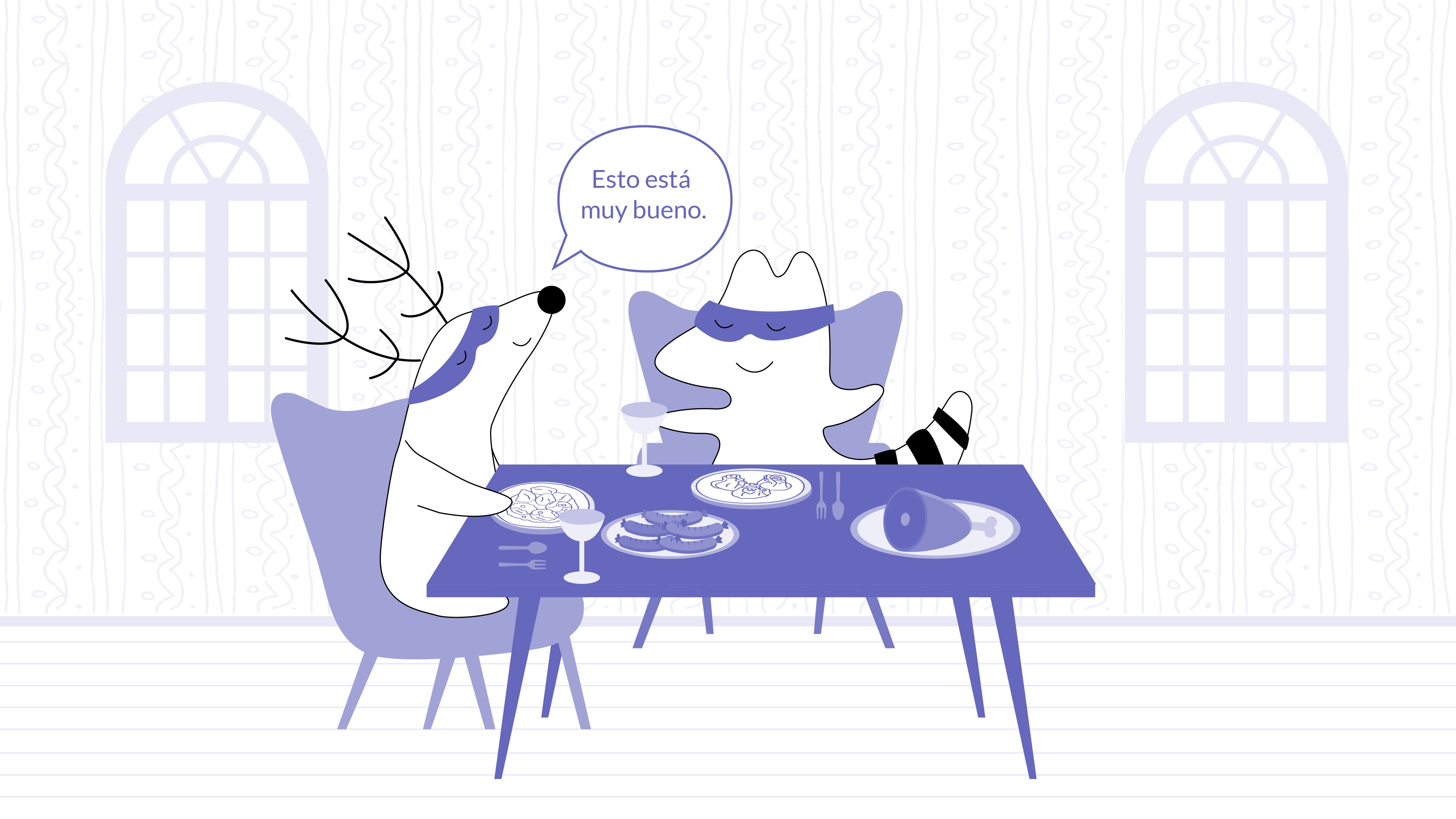
Describing a Good Experience in Spanish
Now that we have some basic phrases and vocabulary, let's put them into practice with some sample sentences.
Spanish
English
Me gustó mucho el concierto de anoche. Fue una experiencia increíble.
I really liked last night's concert. It was an incredible experience.
Lo pasé genial en mi viaje a España. Las vistas eran absolutamente maravillosas.
I had a great time on my trip to Spain. The views were absolutely wonderful.
Nuestra visita al museo fue fascinante. Aprendimos mucho.
Our visit to the museum was fascinating. We learned a lot.
La fiesta de cumpleaños de Lucía fue muy divertida. Nunca olvidaré lo bien que estuvo.
Lucia's birthday party was so much fun. I'll never forget how great it was.
As you become more comfortable with these phrases and vocabulary, you can start forming your own narratives to describe your good experiences. Remember, practice makes perfect! So, don't be afraid to make mistakes—they’re an important part of the learning process.
Common Expressions using Bien
There are many fixed and common expressions that use the word bien in Spanish:
Spanish
English
Tiene dinero pero es una persona de bien.
He has money, but he's a good person.
¿Qué tal lo hace? Lo hace bien.
How does he do it? He does it well.
Que te sirva de mucho bien.
May it do you good.
Las cuentas no dan nada bien.
The calculations are not good.
Más vale tarde que nunca, pero nunca es bien llegado.
Better late than never, but never well received.
Bien hecho.
Well done.
Hablar más bien.
To speak better.
Additional Uses for the Word Bueno
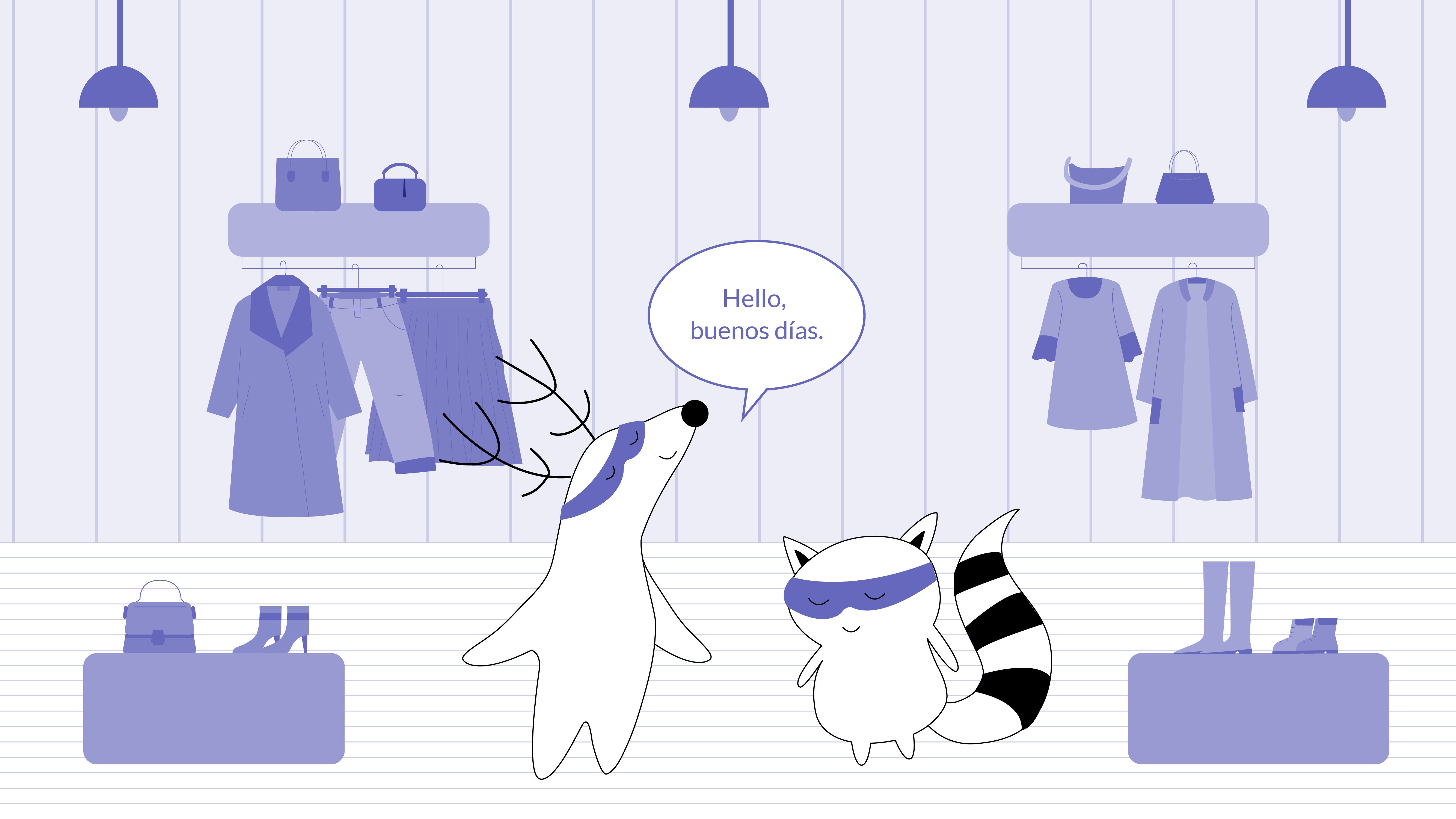
| Type of word | Description | Example in Spanish | English translation |
|---|---|---|---|
| Adjective: Good | This is the most common use of bueno as an adjective to describe something positive or of high quality. | Tienes un buen libro. | You have a good book. |
| Adjective - Kind | Bueno can also refer to a person's kind or good-natured character. | Es un hombre muy bueno. | He's a very kind man. |
| Interjection - Well | In casual conversations, bueno is often used as an interjection to signal agreement, understanding, or the start of a new point. | Bueno, entonces, ¿qué vamos a hacer? | Well, then, what are we going to do? |
| Noun - Beneficiary | Bueno can be used as a noun to refer to the beneficiary of something. | El bienestar de todos es mi bien. | Everyone's well-being is my benefit. |
| Phrase - ¡Buen provecho! | This phrase is used before or during a meal to wish someone a good appetite. | ¡Buen provecho! Disfruta tu comida. | Enjoy your meal! |
| Phrase - ¡Buenos días! | A common greeting, meaning “Good morning.” | ¡Buenos días! ¿Cómo estás? | Good morning! How are you? |
| Phrase - Estar bueno | This phrase can mean "to be tasty" when referring to food or "to be attractive" when referring to a person. | Esta comida está muy buena. | This food is very tasty. |
| Phrase - Ser bueno para | This phrase means "to be good at" or "to be suited for" something. | Ella es buena para el piano. | She's good at playing the piano. |
| Phrase - Bueno para nada. | Literally "good for nothing," this phrase is used to describe someone who is lazy or unproductive. | No hace nada en casa, es un bueno para nada. | He doesn't do anything at home, he's a goodfornothing. |
| Phrase - Hasta luego, muy buenos días. | This formal phrase is used to say goodbye and wish someone a good day ahead. | Hasta luego, muy buenos días. | Goodbye, good day. |
| Type of word | Description | Example in Spanish | English translation |
|---|---|---|---|
| Adjective: Good | This is the most common use of bueno as an adjective to describe something positive or of high quality. | Tienes un buen libro. | You have a good book. |
| Adjective - Kind | Bueno can also refer to a person's kind or good-natured character. | Es un hombre muy bueno. | He's a very kind man. |
| Interjection - Well | In casual conversations, bueno is often used as an interjection to signal agreement, understanding, or the start of a new point. | Bueno, entonces, ¿qué vamos a hacer? | Well, then, what are we going to do? |
| Noun - Beneficiary | Bueno can be used as a noun to refer to the beneficiary of something. | El bienestar de todos es mi bien. | Everyone's well-being is my benefit. |
| Phrase - ¡Buen provecho! | This phrase is used before or during a meal to wish someone a good appetite. | ¡Buen provecho! Disfruta tu comida. | Enjoy your meal! |
| Phrase - ¡Buenos días! | A common greeting, meaning “Good morning.” | ¡Buenos días! ¿Cómo estás? | Good morning! How are you? |
| Phrase - Estar bueno | This phrase can mean "to be tasty" when referring to food or "to be attractive" when referring to a person. | Esta comida está muy buena. | This food is very tasty. |
| Phrase - Ser bueno para | This phrase means "to be good at" or "to be suited for" something. | Ella es buena para el piano. | She's good at playing the piano. |
| Phrase - Bueno para nada. | Literally "good for nothing," this phrase is used to describe someone who is lazy or unproductive. | No hace nada en casa, es un bueno para nada. | He doesn't do anything at home, he's a goodfornothing. |
| Phrase - Hasta luego, muy buenos días. | This formal phrase is used to say goodbye and wish someone a good day ahead. | Hasta luego, muy buenos días. | Goodbye, good day. |
The Bottom Line
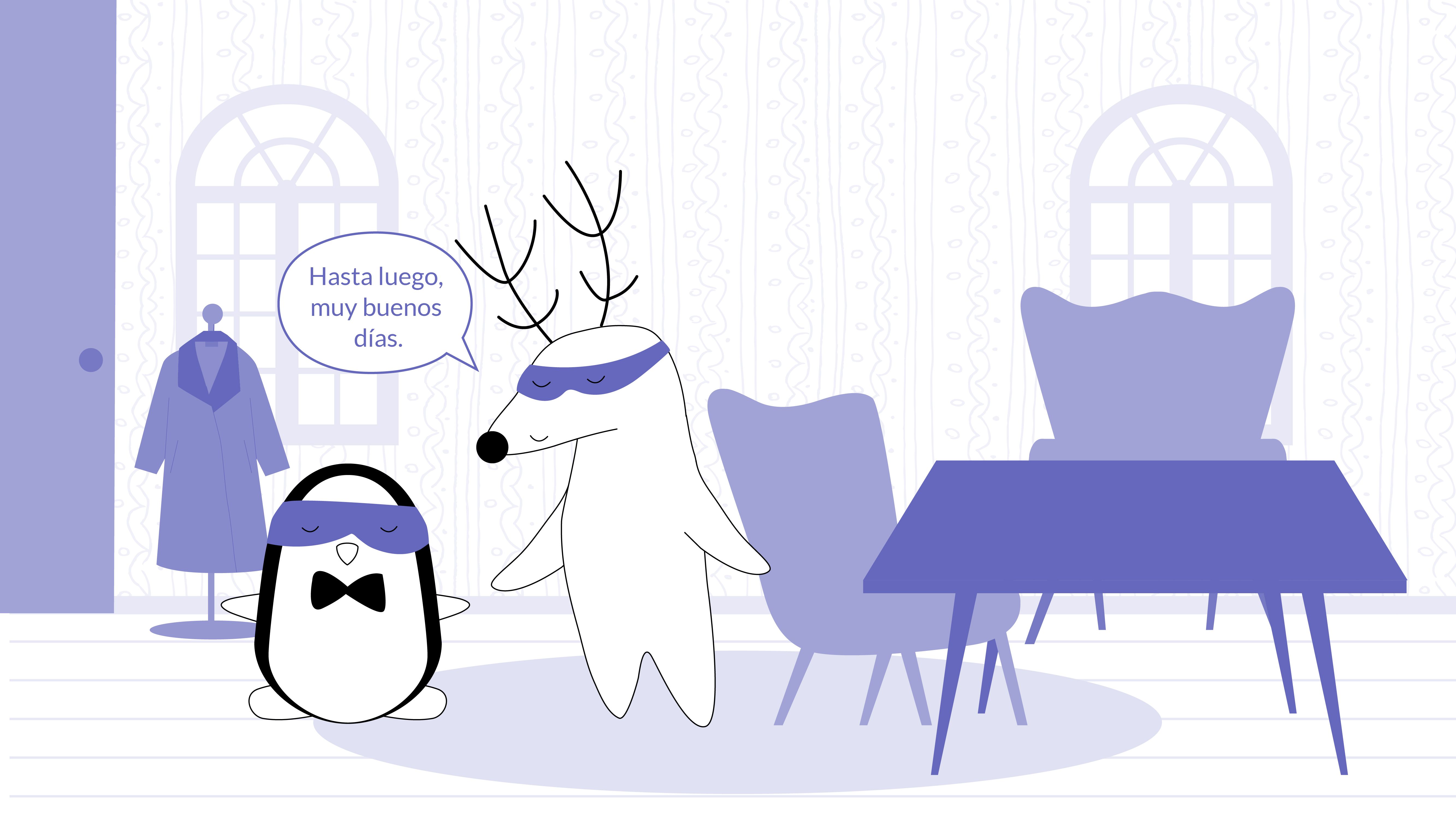
As we conclude this article, we invite you to take these linguistic treasures and make them your own. Embrace the Spanish artistry of communication, and allow your words to dance with the vibrant hues of its various expressions.
Whether you're a seasoned language enthusiast or just beginning to explore the beauty of Spanish, the journey doesn't have to end here. Dive into the Langster app to continue your exploration and practice these expressions in immersive conversations. ¡Vamos a hacer algo bueno!
Learn Spanish with Langster









